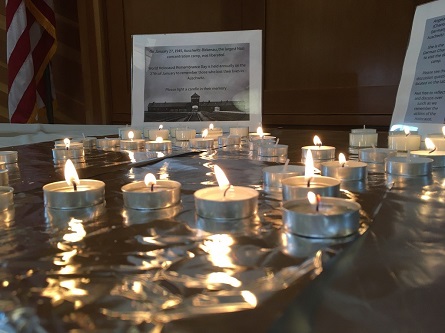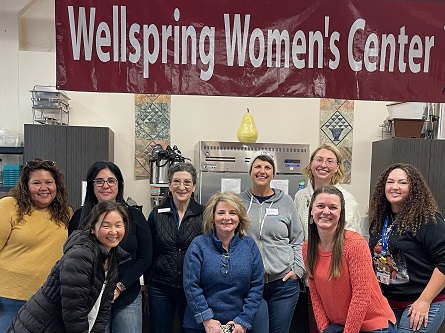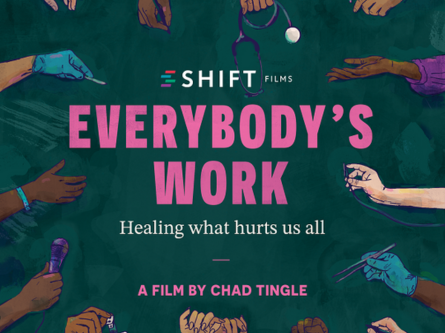My great-grandmother was just a child living in Poland when the Holocaust began. She lost her entire family, but she fought to stay alive herself. When she was freed from the concentration camp, she took a ship to Israel, where she started a beautiful family, which is why I am here today.—Shachar-Lee Yaakobovitz, Class of 2022, Hillel Student Board Member, President of Aggies for Israel (AFI)
By Seth Browner
Program Director, Hillel at Davis and Sacramento
Trinity College, Class of 2017
January 27 is International Holocaust Remembrance Day. On this solemn day, the United Nations, which established the commemoration with Resolution 60/7, calls on the world to remember the Holocaust, “which resulted in the murder of one third of the Jewish people, along with countless members of other minorities, [and which] will forever be a warning to all people of the dangers of hatred, bigotry, racism and prejudice.” It was on this date in 1945 that the Soviet Union liberated Auschwitz: the most notorious and murderous of Nazi Germany’s many concentration camps.

It is perhaps understandable to say that visiting Auschwitz, despite its horrors, was the most meaningful part of my trip to Poland in 2014 when I was first-year student in college. Visiting Auschwitz more than seven decades after its liberation is an experience filled with contradictions. There is a small town nearby called Oświęcim where ordinary people live ordinary lives with the same worries and delights as we do. However, a short drive will take you to the site where many ordinary people’s lives came to an end. On the drive to Auschwitz, which now functions as a museum and memorial, a large, barbed wire fence suddenly disrupts the lush countryside, and you know instantly that you have arrived at the place where the Nazi regime murdered 1.1 million people, including 960,000 Jews.
Once you visit the Auschwitz memorial, the harrowing imagery of the Holocaust from history books and documentaries becomes real, and the unimaginable tragedy is no longer an abstract idea. When you walk through the Auschwitz complex, you encounter areas that housed Nazi officers and the administrative headquarters that managed the beastly business of implementing the Final Solution. Auschwitz II-Birkenau was built later to accommodate the increasing numbers of deportees arriving from across Europe. Most were murdered in the gas chambers upon arrival. The Nazis also murdered ethnic Poles, Roma, Soviet prisoners of war, and sexual minorities at Auschwitz.

Auschwitz II-Birkenau remains mainly in the condition it was at the time of liberation. The remnants of the crematoria are still piles of bricks just as they were after the Nazis destroyed them to conceal their crimes. The rusty railroad tracks that bisect Auschwitz are still there. You can walk along the gravel where people disembarked from cattle cars and visit the wooden huts where people slept. The emptiness itself conveys the most powerful message of the memorial.
It is impossible to visit Auschwitz without taking home important lessons learned from encountering the place where the genocide was carried out so meticulously. As a survivor of the Holocaust told me once, we have to learn not only what happened during the Holocaust, but we also have to do more. We must learn to practice kindness in order to defeat hatred. In the constant fight we wage against antisemitism and the many forms of hatred that still plague our world today, education is the best tool at our disposal.
Hatred itself is a form of education. Indeed, Nelson Mandela said, “no one is born hating another person because of the color of his skin, or his background, or his religion. People must learn to hate, and if they can learn to hate, they can be taught to love, for love comes more naturally to the human heart than its opposite.” At Hillel, my hope is that building an affirming community that spreads kindness inspires students to embrace their Jewish identities.
We invite all in our community to join in commemorating International Holocaust Remembrance Day. We invite all UC Davis and UC Davis Health students, employees, and community members to learn the history and oppose hatred through spreading kindness throughout our Davis and Sacramento campus communities and surrounding local communities.
Photos from my visit to Auschwitz in 2014








